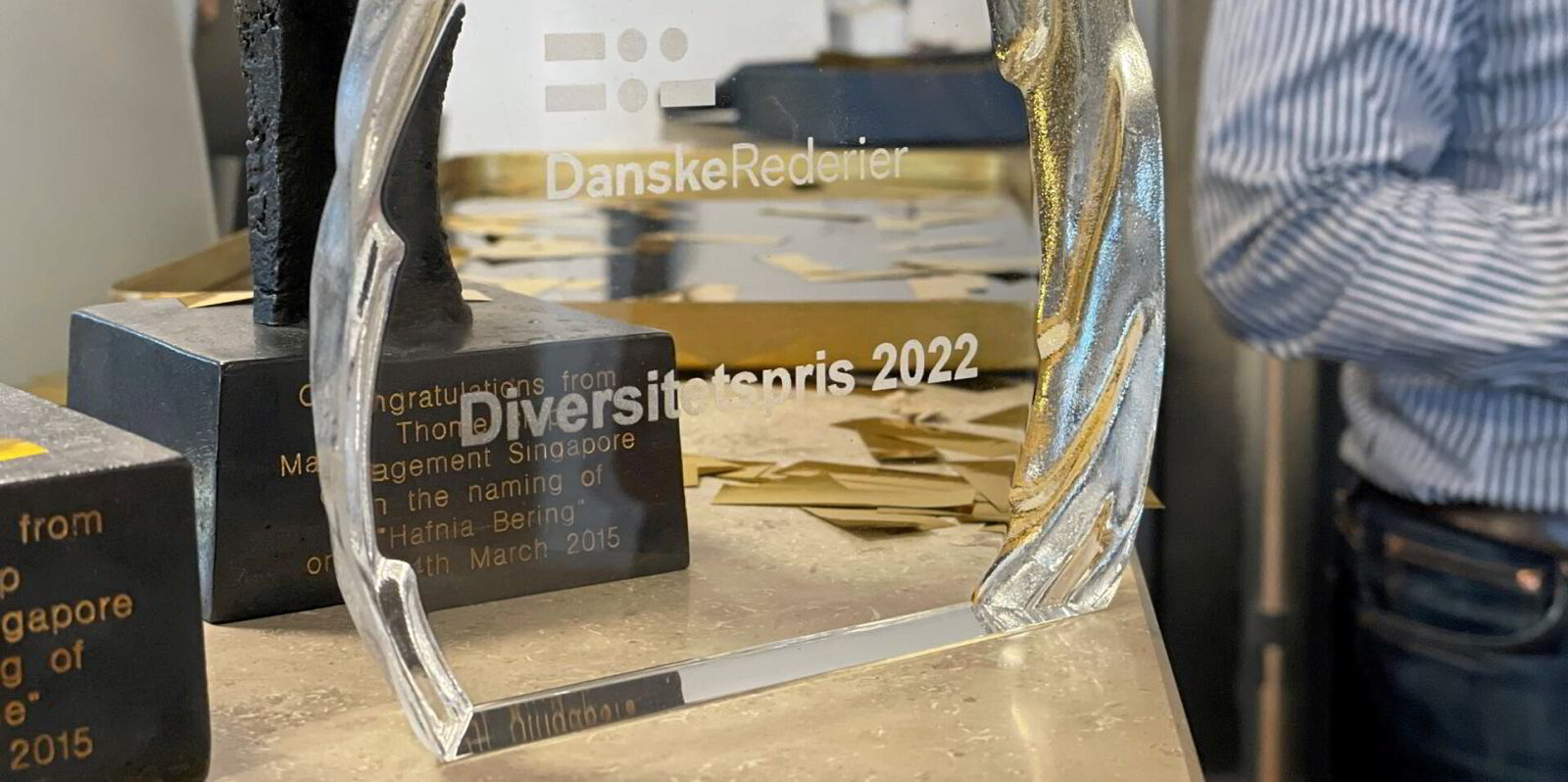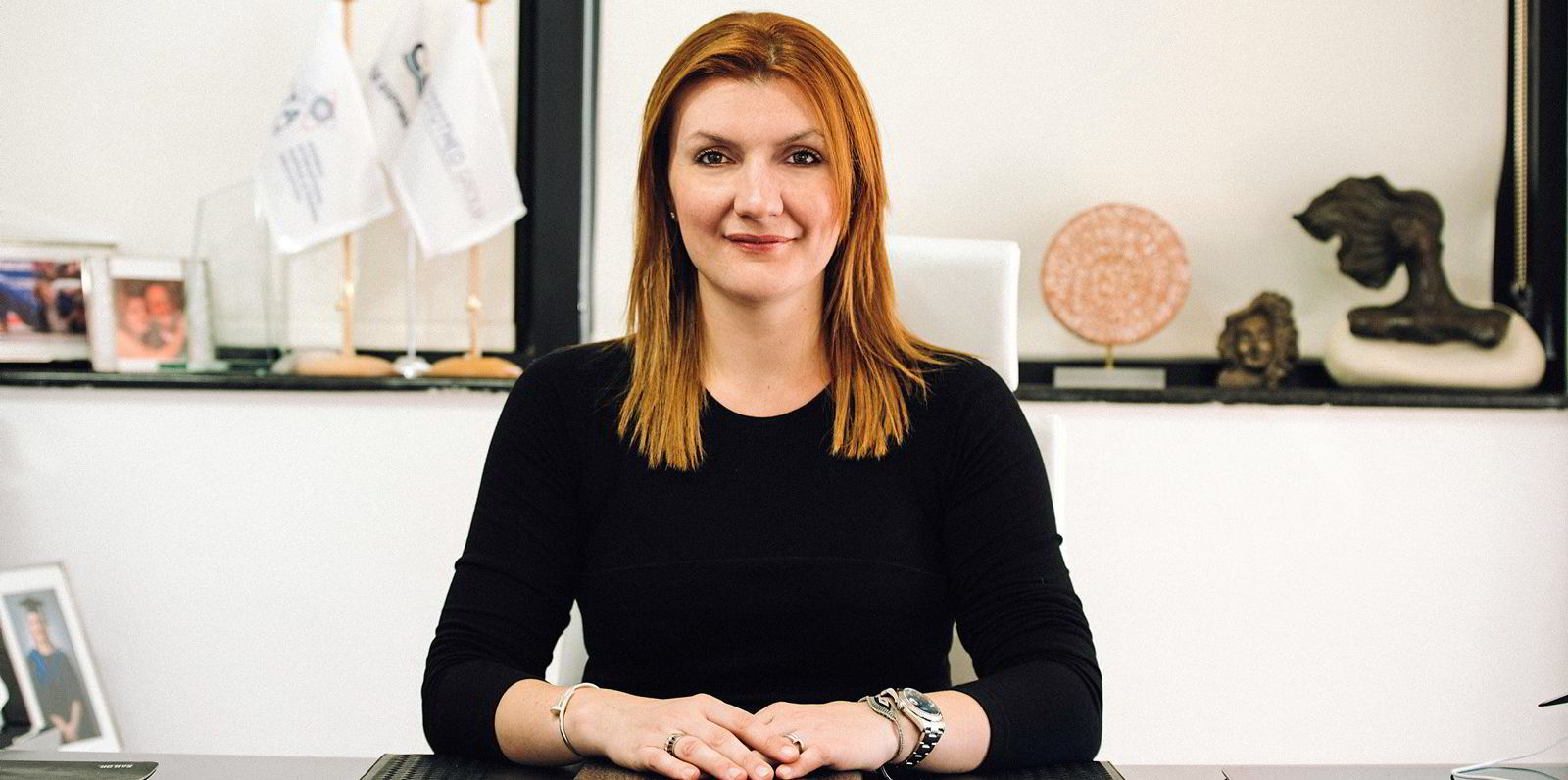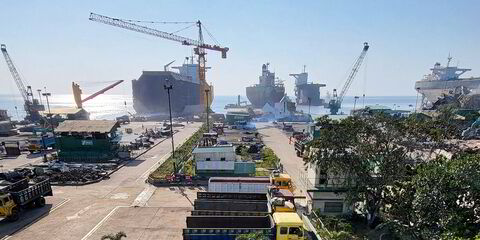A Danish shipping company aiming to attract candidates from a wide range of backgrounds would be forgiven for not knowing where to start. Most staff in the domestic industry are still white and male.
But Danish maritime companies have been thinking outside the box to improve diversity, and this is having an influence around the world. What has proved effective has been to join up diversity and inclusion work with other initiatives such as innovation or decarbonisation projects or collaborations with industry partners.
“If you look at the shipping industry, we simply have to tap into all the talent we can get, in order to continue to not only drive our shipping companies in the traditional way we have been doing for years, but also making sure that we get the green transition right,” said Anne Steffensen, chief executive of shipowners’ association Danish Shipping.
“That requires a lot of talent — not only talent that is coming from the traditional shipping education and the traditional way of taking people in young and grooming them inside the industry, but also tapping into talent from other industries.”
Danish Shipping has been playing its part by doing something that chimes well with the commercial sector — by making it a competition.
In early October, the association awarded its first ever diversity award to BW Hafnia, recognising the product tanker owner’s Maritime Diversity, Equity & Inclusion Lab. The lab is a joint initiative with partners RightShip, ship managers Wilhelmsen and Thome Group, plus miners Rio Tinto and Anglo American.
The partnership is styled as an internal think tank, where employees and teams across the companies can contribute with good ideas and practices that can be spread to other companies.
More than 50 ideas about better diversity were shared during 2020, the lab’s first year in operation.
It came up with an app called SeaCode, through which women and men at sea who have been bullied or harassed can share their experiences and seek advice and help.
Having a strong sense of moral purpose has not been something that has troubled shipping traditionally. But Steffensen thinks the mission to decarbonise the industry will help it access new talent.
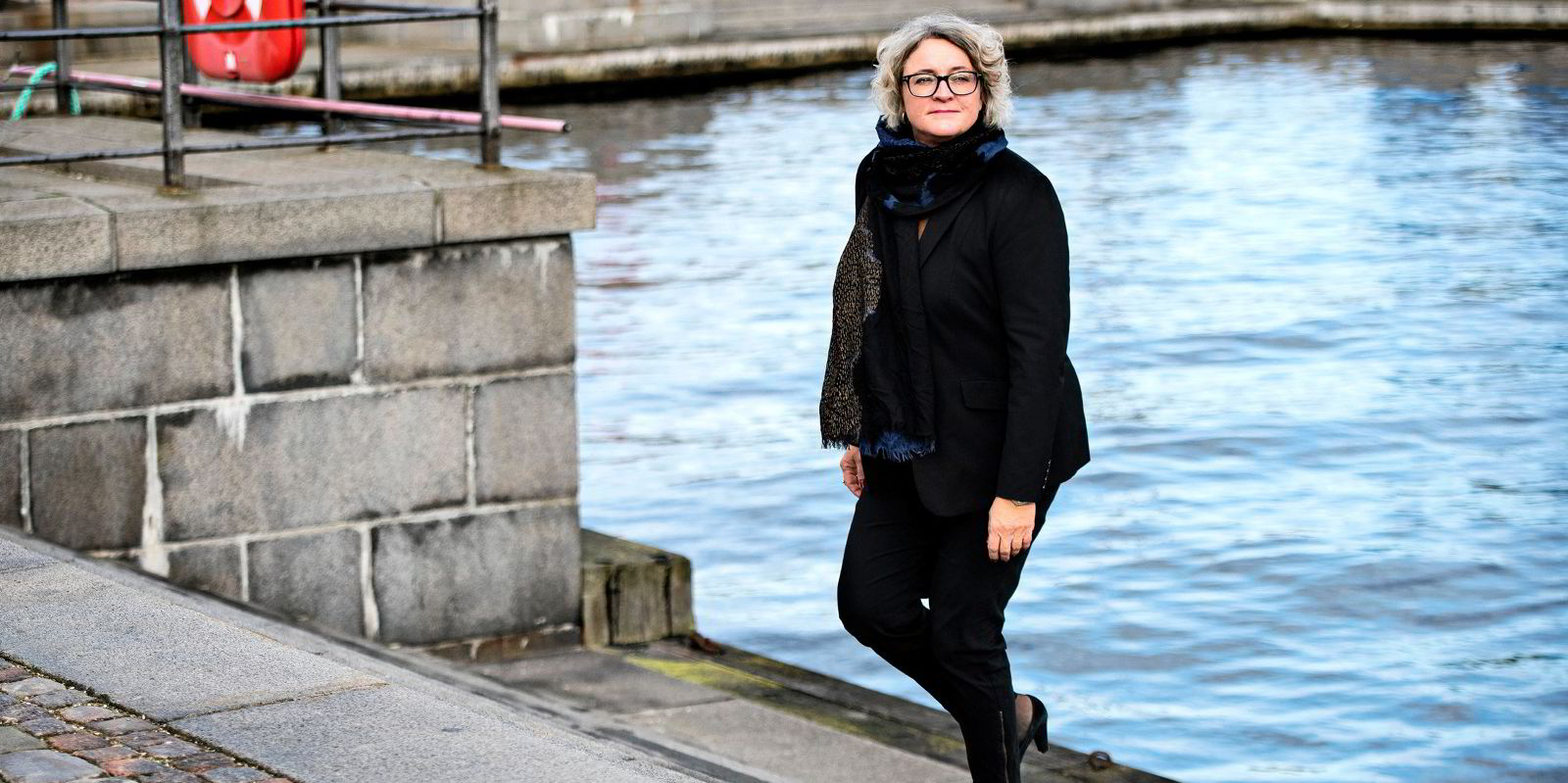
“A lot of women, a lot of talented people, young people, they want to work in an industry that has a purpose, they want to have a meaningful job where they can make a difference for whoever they work for going forward,” she said.
“And the green transition — making sure that we become carbon-neutral, greenhouse gas-neutral — is one way of making sure that there’s a purpose. And it’s a way of attracting new people into the industry.”
Other Danish companies hope improve the diversity of their workforce by rolling out initiatives that will benefit men as well as women, such as increased parental leave to support families after childbirth or adoption. The aim is to create a more equal distribution of leave between parents.
Denmark-headquartered Bunker Holding, one of the world’s largest bunkering companies, extended 20 weeks of paid parental leave to all of its 1,600 employees worldwide in August.
It said 72% of its workforce is male, which will allow new fathers to prioritise family over work life and will create more equal opportunities for its female colleagues, not just in Denmark but around the world.
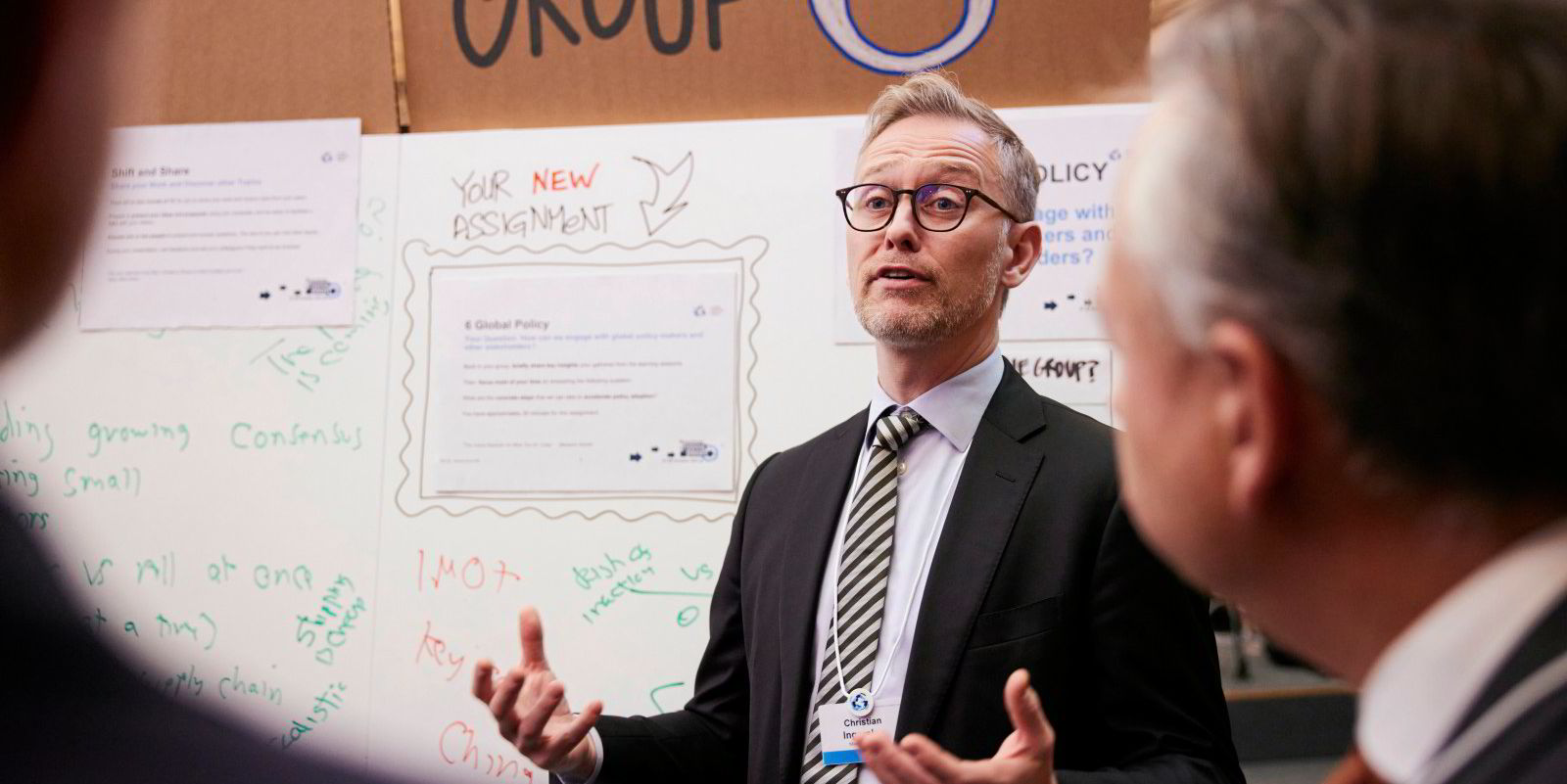
Tanker and bulker owner Norden also offers a “parents’ package” to ensure full pension payments during maternity leave, plus 24 weeks of paid leave for the father, mother and adoptive parents.
Maersk Tankers has offered four weeks of paid parental leave to new fathers worldwide since 2020.
The company said its long-term goal in increasing parental leave is to help create a more gender-balanced workforce and access to a wider pool of talent. It also hopes to level the playing field in creating greater equality in the conditions offered to single parents and LGBT+ families.
Steffensen thinks there is also plenty of work still to be done to provide a better balance of people with different identities and backgrounds in shipping.
“Between men and women, mainly, but more generally to get more kinds of people with different cultural, sexual, national, all other kinds of backgrounds into the industry,” she said.
